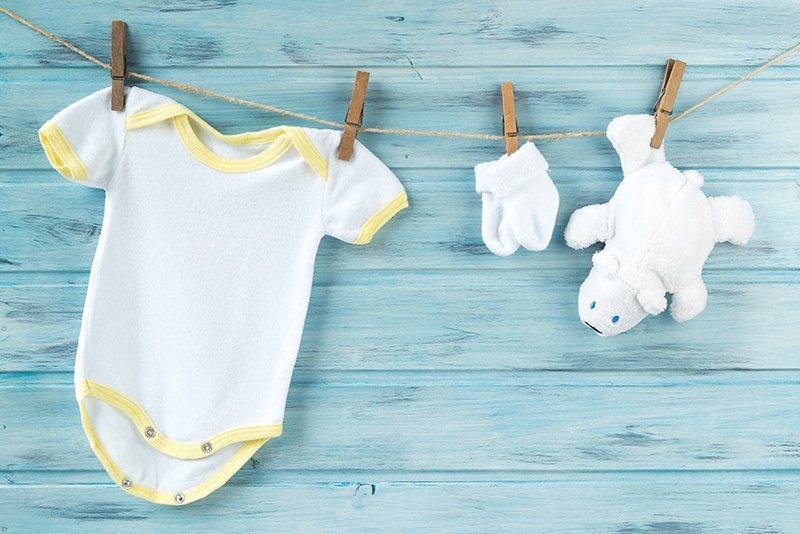It’s about a 4 min. read.

People are quick to judge how we parent these days. No matter what you do, someone’s bound to have an opinion. And social media makes it especially hard where people can publicly shame and criticize parents from behind the veil of an Instagram handle.
This is one of the main reasons I stay away from social media.
But I’m not 100% immune from judgment because it happens every day in the real world. I often wonder what kind of mother I’m being labeled as based on my daughter’s appearance—from the clothes she wears and the toys she plays with to the stroller she rides in.
My daughter will have her first birthday this month, and in thinking about what I’d like to give her, I’m realizing that most of her gifts will be for my own benefit—what I think she’ll look cute in or what books I want to read.
The reality is, I’m shopping for myself.
As people, we gravitate towards brands that help us express and reinforce our identity. Each purchase decision is a statement of the kind of person we are—we’re always asking ourselves, “Am I the kind of person who uses ‘Brand X’?”
This principle also applies to parenting. For example, when we consider how to dress our children, we’re asking ourselves, “Am I the kind of parent whose child wears ‘Brand Y’?” How I dress my daughter says as much about me as a mother as it does her.
Until my daughter is old enough to dress herself (and I hope that day is a long way off!) she’s an extension of who I am as a parent.
So, for her first birthday, I will choose brands that reinforce who I am as a mother. I’m down-to-earth and don’t need my daughter wearing overpriced and “trendy” clothing, so I’ll gravitate towards brands designed for mothers like me.
Watch our recent webinar to learn more about how brands can provide identity, emotional, and functional benefits to build customer loyalty.
Watch Now